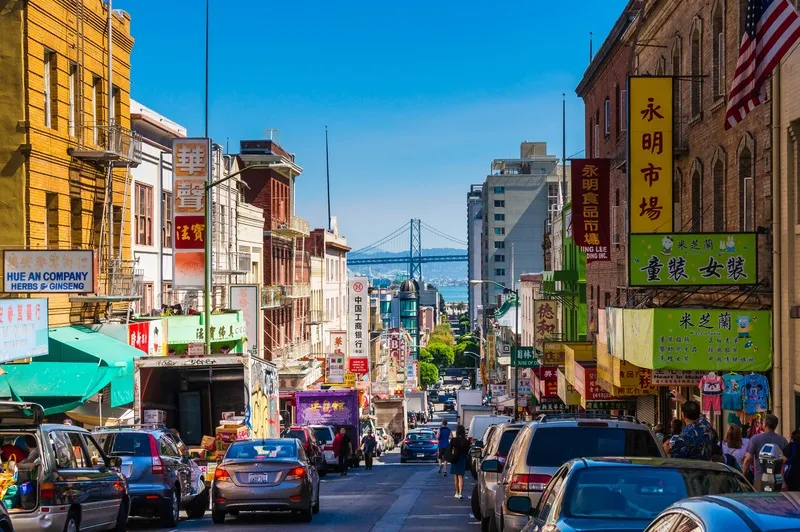
San Francisco County Transportation Authority (SFCTA) is gathering feedback from residents about the possibility of congestion pricing - by getting them to play an online game.
It says that downtown car trips during rush hour must be cut by at least 15% from 2019 levels to "significantly reduce congestion".
The zone under the microscope is in the north-east of San Francisco, including the Downtown and SoMa neighbourhoods.
SFCTA points out that London and Stockholm have both used congestion charging to keep traffic moving, and suggests that this "could increase safety, clean the air, and advance equity in San Francisco".
The online game Unclog Fog City posits the scenario of gridlock in the city four years from now, when the threat from Covid-19 has receded and the economy is rebounding.
Asking for help to 'unclog Fog City', it invites people to design their own congestion pricing system (with the chance of winning a $100 gift card).
SFCTA suggests that congestion charges must be combined with discounts, subsidies and incentives to make the system fair and to encourage modes such as mass transit, walking and biking.
It insists that revenue from any system "would be reinvested into safer streets and better transit, particularly for low-income communities and communities of colour".
Findings from the game will be fed into the SFCTA's Downtown Congestion Pricing Study.







